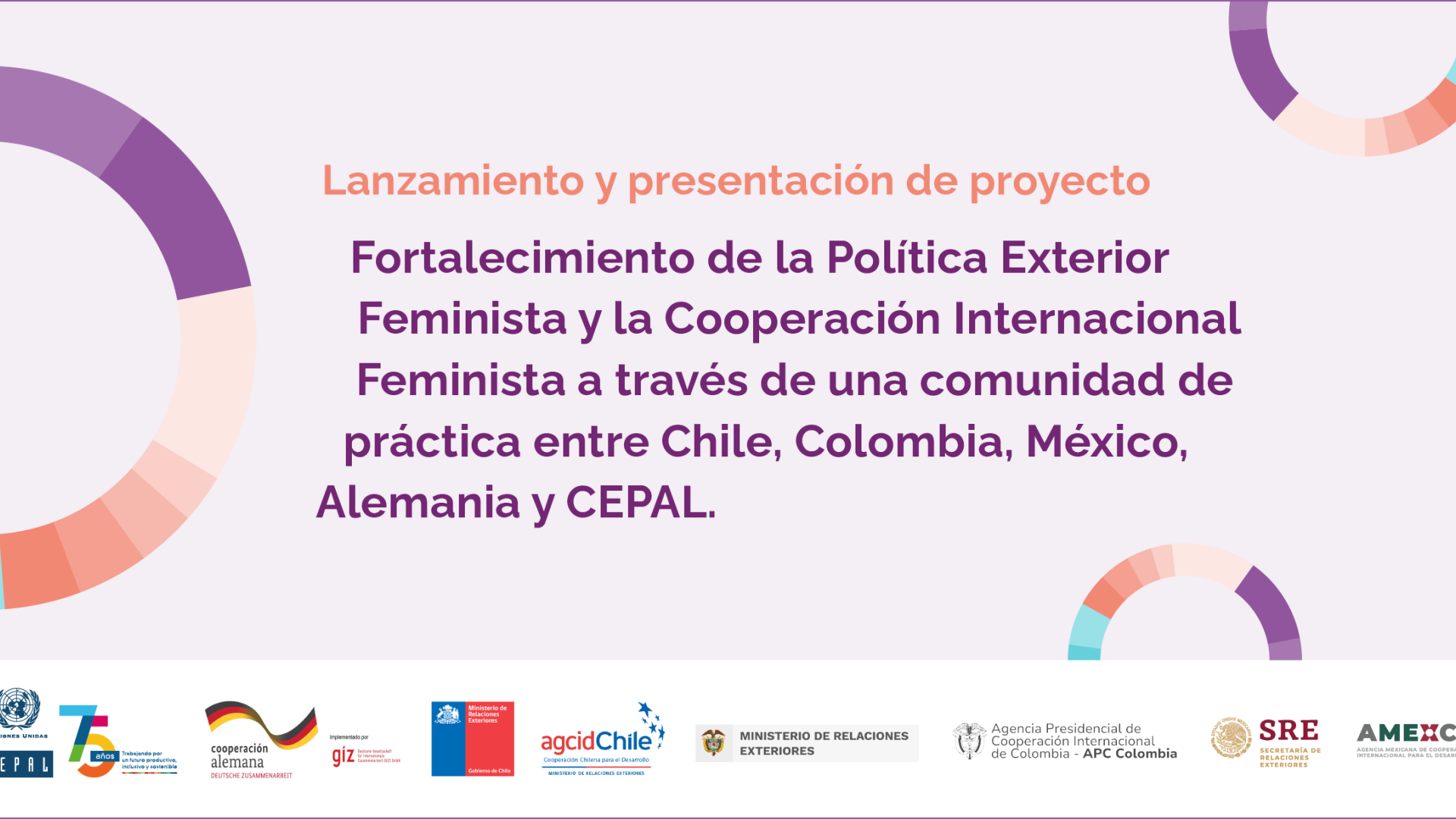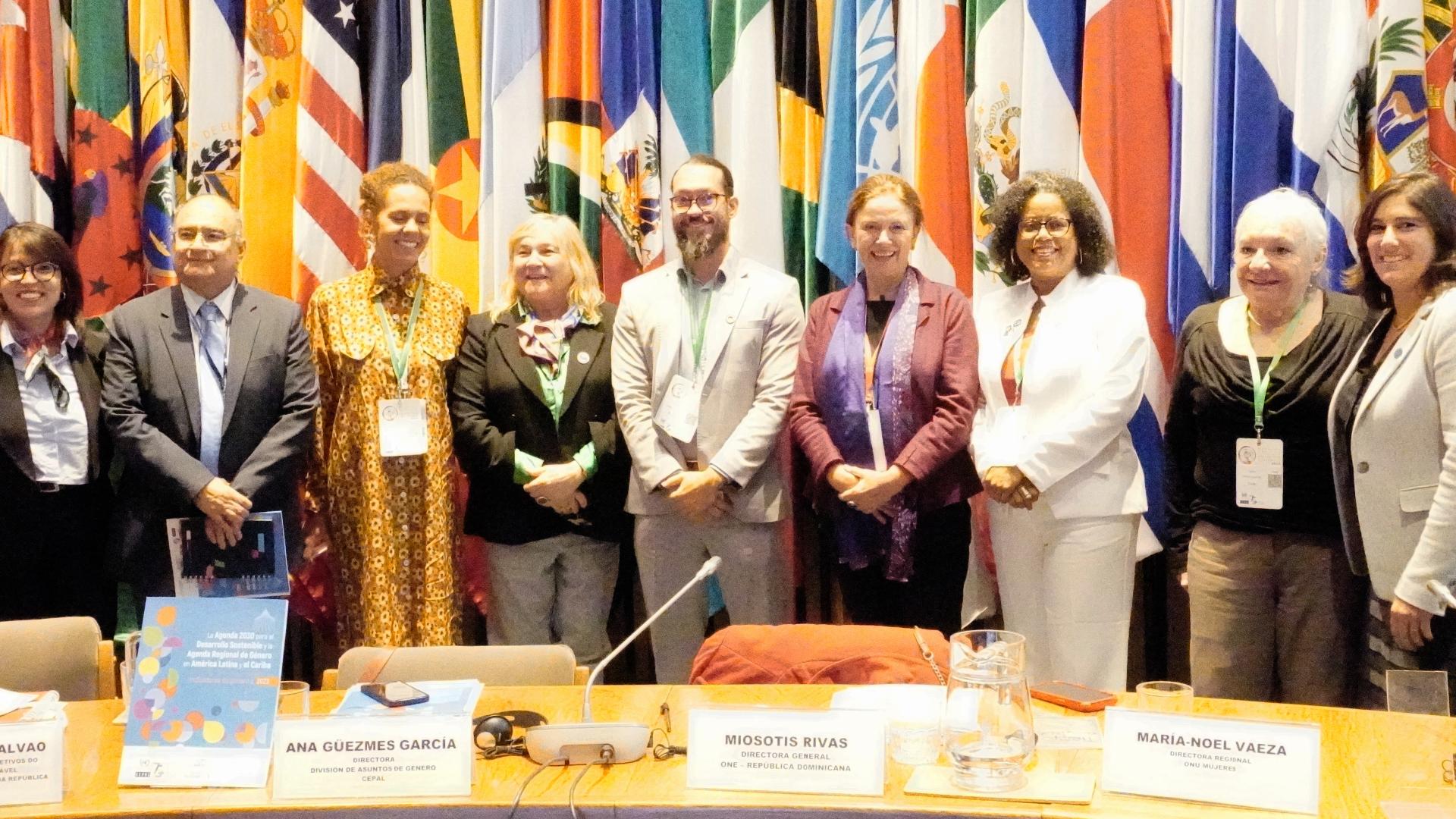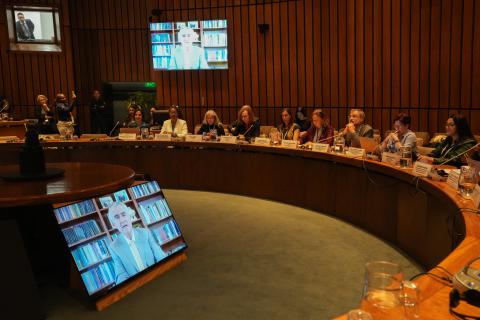Briefing note
Almost half the women of Latin American older than 15 years have no income of their own, while just one of every five men is in this situation. Moreover, women heads of households have less monetary income than men, in both impoverished and higher income households.
To understand the phenomenon of poverty and its persistence in the region it is necessary to analyse its links to equity in employment, particularly women's economic autonomy and empowerment.
This will be the focus of the Ninth Regional Conference on Women in Latin America and the Caribbean, to be held in Mexico City from 10 to 12 June 2004. During this event, delegates will review the implementation of the international commitments made in the Regional Programme of Action adopted in 1994 by the Sixth Regional Conference.
The conference's work will go ahead within the framework of international commitments regarding women's progress adopted at world summits held in the 1990s, the Millennium Development Objectives passed by the UN General Assembly in New York in 2000, and the Platform of Action approved by the Fourth World Conference on Women, held in Beijing, China, in 1995. On this occasion, activities to commemorate the upcoming tenth anniversary of that meeting will also be approved ("Beijing+10").
Likewise, in the past three decades, there has been a massive and sudden rise in women's participation in the labour force in the region, according to the ECLAC report, Social Panorama of Latin America and the Caribbean 2002-2003. Nonetheless, the labour force continues to be extremely segmented in terms of placing women in the most precarious, lowest paid jobs, as well as perpetuating gender stereotypes, for example in domestic labour. In 2002, just 36.7% of the region's employed were women, a figure that has risen only slightly from the 31.5% posted in 1990.
Similarly, ECLAC has found that in the past decade the rise in poor and non-poor households headed by women has continued. In urban areas, in 2002 nine of the 18 countries analysed posted a higher percentage of indigent households headed by women and the largest gaps compared to households headed by men were apparent in Costa Rica, Ecuador, Guatemala, Panama, the Dominican Republic and Venezuela.
*** See Fact Sheet about the situation of women in Latin America ***


